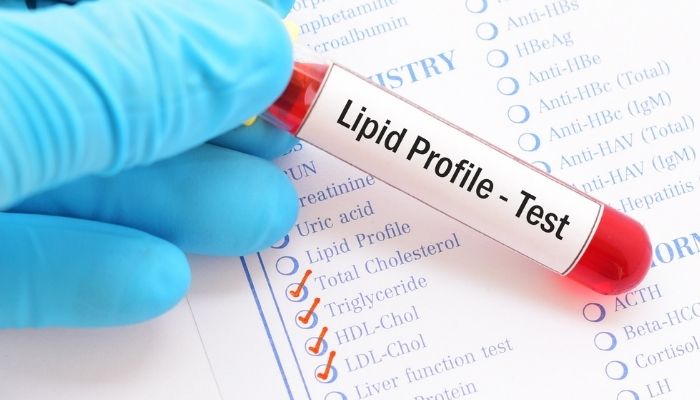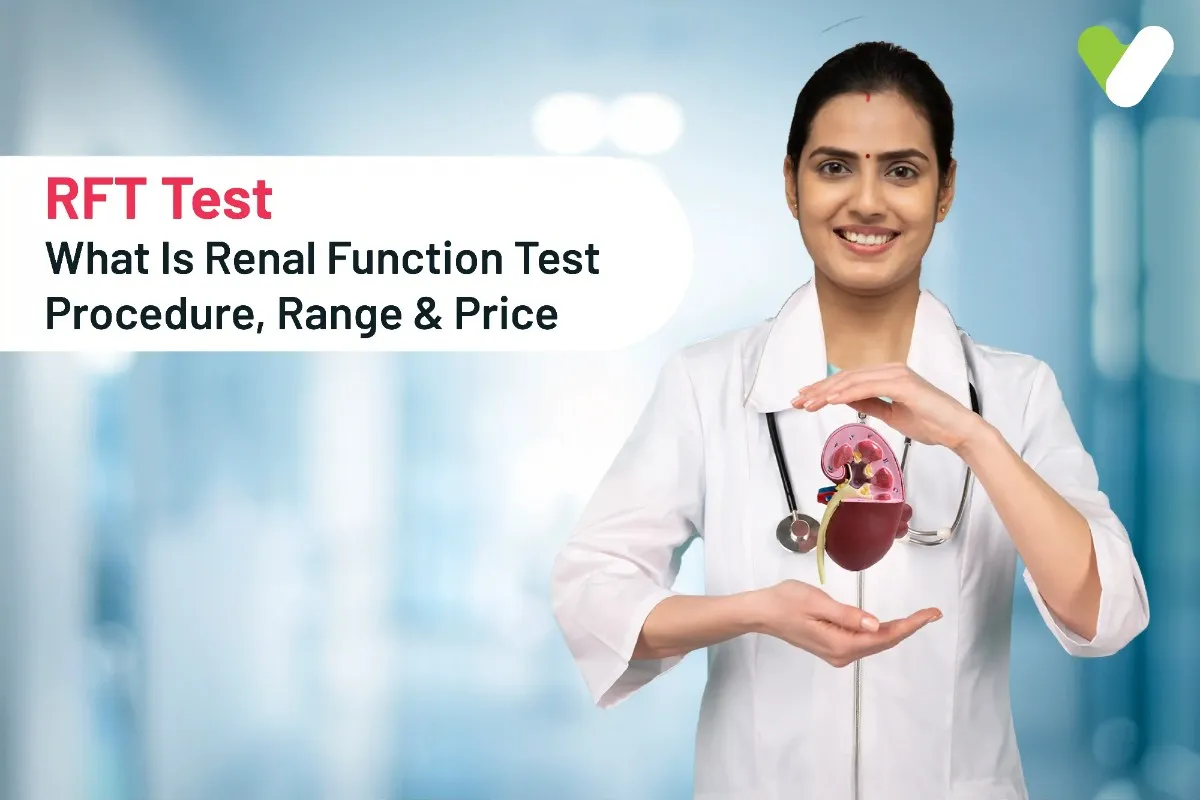A lipid profile test or lipid panel test is usually performed to check the amount of specific fat molecules in your blood. A lipid profile test indicates the amount of different cholesterol and triglycerides in your blood. As a panel test, a lipid profile test means:
- Total cholesterol
- Low-density lipoprotein cholesterol test (LDL)
- High-density lipoprotein cholesterol test (HDL)
- Triglycerides
All these fat molecules are known as lipids. The prime function of lipids is to carry energy and fat-soluble nutrients to your blood cells. But an excessive amount of lipid in your blood vessels or arteries may cause some detrimental effects on your health. If these fats get accumulated in your veins and arteries, you may develop some serious health issues like cardiovascular diseases, heart attack, coronary artery disease, and many more.
The prime aim of lipid profile blood tests is to detect any cardiovascular and other diseases by anatomizing the quantity of cholesterol in the blood. The lipid profile test price varies from Rs. 500-Rs. 700 depending on your city and location.
Test Summary
| Also known as | Lipid Profile Test, Lipid Panel Test, Total Cholesterol Test |
| Test Type | Blood |
| Blood gas test includes | Total Cholesterol, LDL cholesterol, HDL Cholesterol, and Triglycerides |
| Preparation | Fasting for 10-12 hrs. |
| Reporting | Within 24 hrs |
| Test Price | The cost of Lipid Profile Test may vary from city to city and lab to lab. The standard price is somewhere between Rs. 500 – Rs. 700 |
| Also included in | Health Insurance Plans |
| Related tests | CBC, Blood Sugar Test, Kidney Function Test, Liver Function Test |
What is Lipid Profile Test?
This is an ideal test to check the amounts of lipids (cholesterol and triglycerides).What is Lipid Profile Test Used For?
- This test identifies if the cholesterol level is in the normal or high-risk category.
- This test also helps in monitoring your response to cholesterol medications and lifestyle changes.
- This test also helps in monitoring liver disease.
Doctors may also use lipid profile tests as part of diagnosing other serious health issues, such as
- Hypothyroidism
- Pancreatitis
- Chronic kidney disease
Who Should Go for a Lipid Profile Test?
If you are a high-risk person for cardiovascular disease, your doctor will recommend going for this test. Besides under the following conditions one may need to get this test done:- A man above 45 years and a woman age over 50
- If you have a family history of cardiovascular disease
- If you have cardiovascular disease
- If you have high blood pressure
- If you have diabetes or prediabetes
- If you are an obese person
- If you lead a sedentary lifestyle
Before The Test Procedure
You may need to fast for at least 10-12 hrs. before conducting this test. This means you shouldn’t drink any food and water before the test.During The Test
- You need to visit your nearby lab or hospital where a phlebotomist will insert a small needle into your vein to draw a sample of blood. You may feel a little bit of sharp pain or pinch at this time.
- Then, he will accumulate the blood in a small test tube.
- Once the needle is removed, he will give you a cotton ball to stop the bleeding in that particular area.
After The Test
Your blood sample will be analyzed in the lab and you will get the lipid profile test report either on the same day or the next day.Lipid Profile Normal Range
You will get all the measurements of the components in mg/dL. As the lipid panel tests four fat molecules, the normal ranges of each molecule are:- LDL: 70 to 130 mg/dL (the lower the number, the better)
- HDL: more than 40 to 60 mg/dL (the higher the number, the better)
- Total cholesterol: less than 200 mg/dL (the lower the number, the better)
- Triglycerides: 10 to 150 mg/dL (the lower the number, the better)
Treatment Methods
If your cholesterol and triglycerides levels are higher, your doctor will recommend some lifestyle changes along with medications like- Quit smoking and restrict your alcohol consumption
- Eat plenty of vegetables, fruits, whole-grain products, low-fat dairy products, and lean sources of protein.
- Exercise regularly (a moderate exercise of 150 minutes per week is recommended)
- Some medications like statins may lessen the level of cholesterol (bad cholesterol) in your blood



